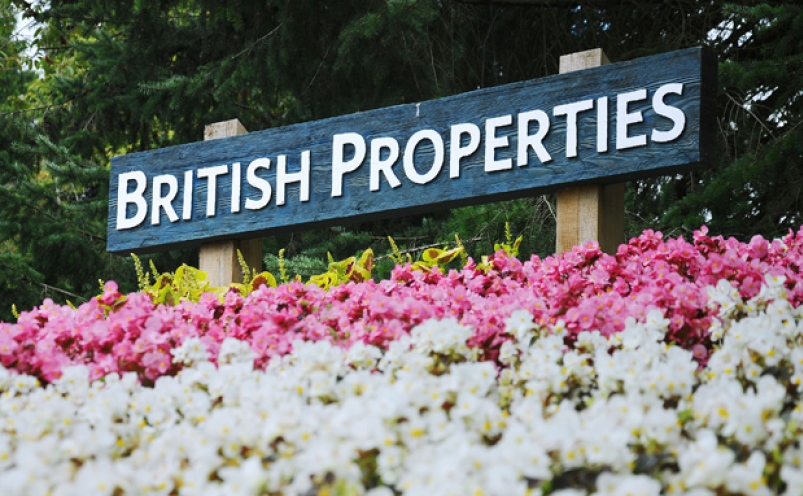West Vancouver council is warning a large swath of the community they’re about to get their bells rung by the NDP’s pending school tax.
As part of the 2018 budget, the NDP announced an increase in the school tax portion of property taxes on homes over $3 million dollars starting in 2019. The tax will be 0.2 per cent on the assessed value of a home that exceeds $3 million. Another 0.4 per cent will also apply to the portion of a residential property’s assessed value over $4 million.
According to numbers crunched by West Vancouver’s finance department, 7,100 residential properties will be affected by the tax – more than half of all owned homes in the district. Of those, 3,900 are in homes worth more than $4 million.
For homes valued at $4.5 million in 2019, school taxes will go from about $3,680 a year to $7,680 per year, according to the district’s calculations.
In 2017, West Vancouver taxpayers put up $47 million in school taxes. West Vancouver staff estimate that will mean an additional $49.9 million will be collected from the community in 2019.
A similar study in the District of North Vancouver showed 935 properties that will be subject to the tax, 165 of which are valued at more than $4 million. According to City of North Vancouver, there are just 13 single family homes that will be captured by the tax, although the city’s data did not include condo units.
West Vancouver Mayor Michael Smith criticized the tax increase during his council’s recent budget discussions.
“This tax has no relationship to income, no relationship to ability to pay. It’s going to create severe hardship for a great many of our citizens,” he said. “The average citizen hasn’t yet woken up to the fact that we’re under attack. We’re talking tens of millions of after-tax dollars going out of West Vancouver and not a penny of it is being kept in this municipality.”
Coun. Craig Cameron agreed, saying there is a misconception around the province that West Vancouver is just full of wealthy whiners who can afford those types of increases.
“I bought into the community 20 years ago. I couldn’t afford to buy in now and ultimately … it’s going to increase my tax bill over $2,000 for next year,” he said. “Quite frankly that has a significant impact on me and my family and I think there are many people who are in the same position.”
North Vancouver-Lonsdale’s NDP MLA Bowinn Ma said the school tax increase should be viewed as just one piece of her government’s 30-point housing affordability strategy.
“It’s meant to work altogether. We’re looking to stabilize the market. We’re looking to crack down on tax fraud, close loopholes, build homes that people need, increase security for renters and support the preservation and building of affordable housing,” she said. “That one point of the housing package is not meant to fix everything on its own.”
Ma contacted all three North Shore mayors after the budget for their feedback, which she has passed along to the minister of finance.
“I recognize that the District of West Vancouver believes that this is a big hit for the North Shore but from my perspective, the big hit for the North Shore is the impact that housing unaffordability is having on our communities,” she said, noting that the high cost of housing has resulted in young people moving away from their hometown and families, businesses having difficulty hiring and retaining staff, emergency workers being potentially cut off from the North Shore in a disaster, and worsening traffic as commuters have no choice but to drive. “We are in a housing crisis and we need to start acting like it.”



